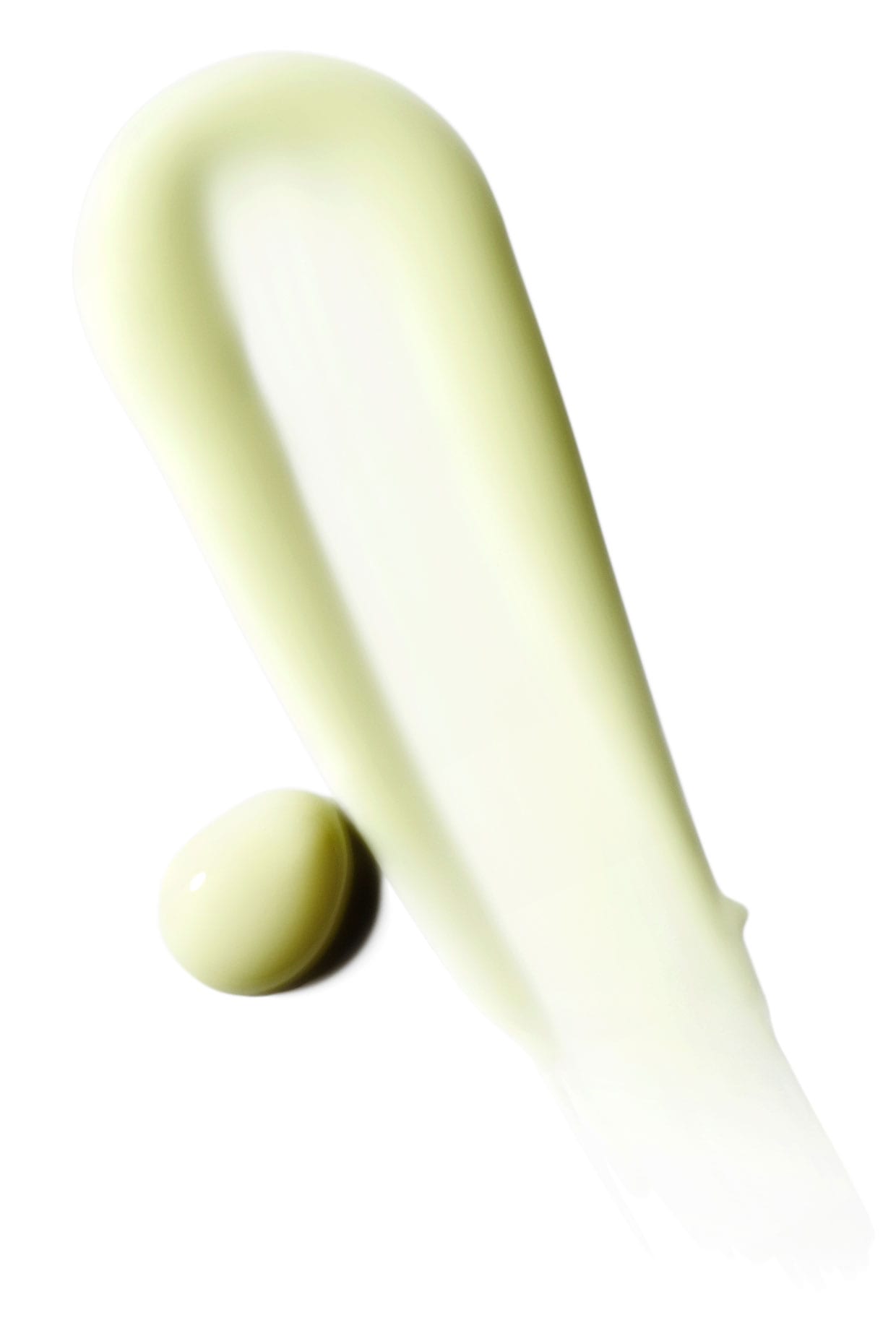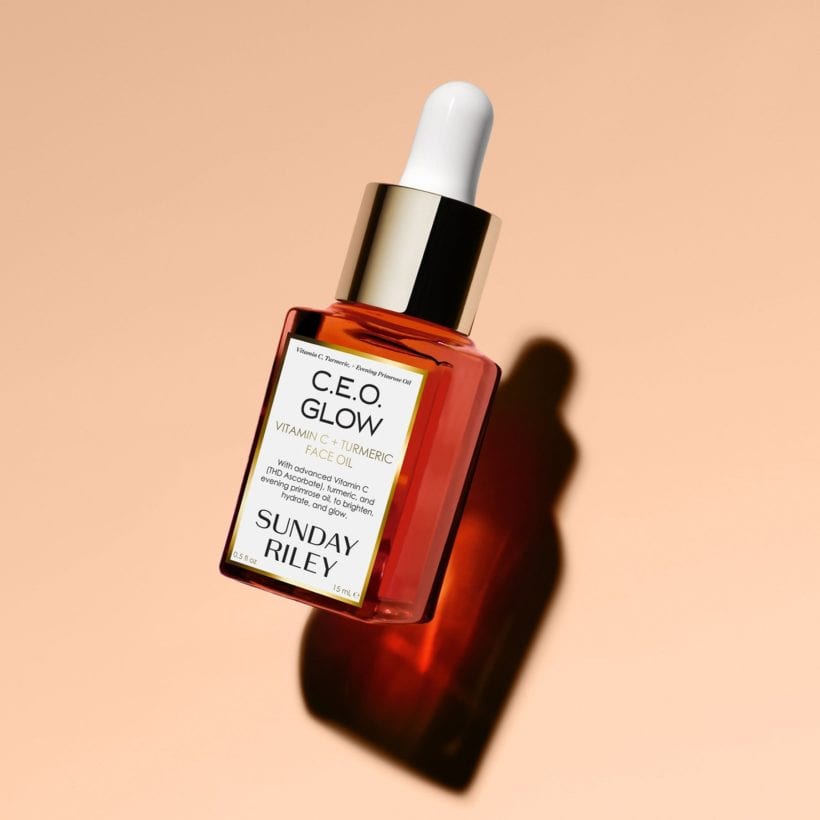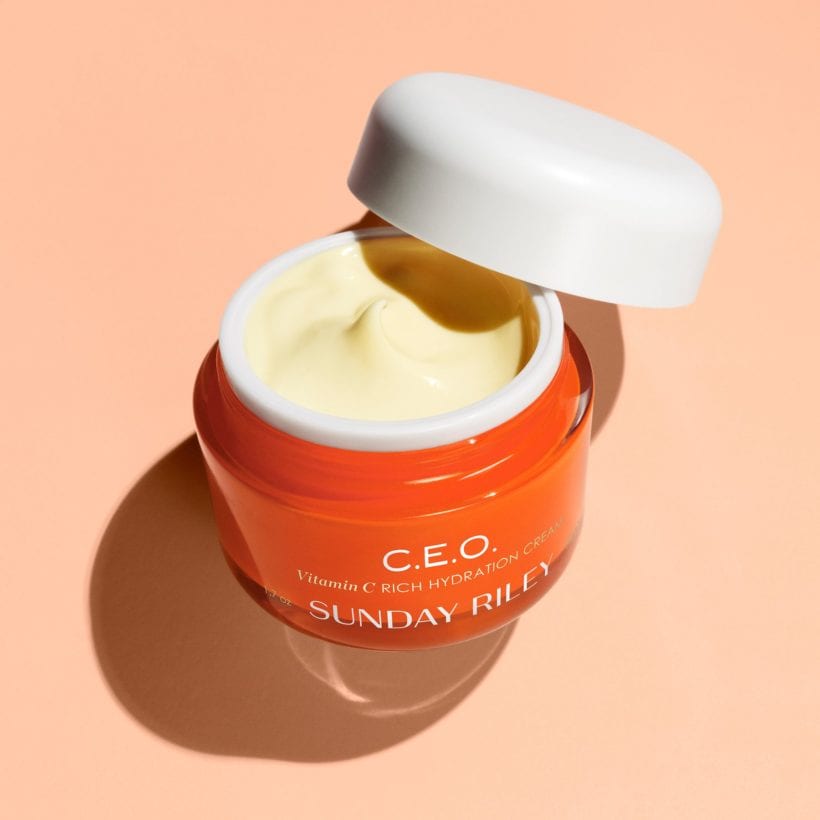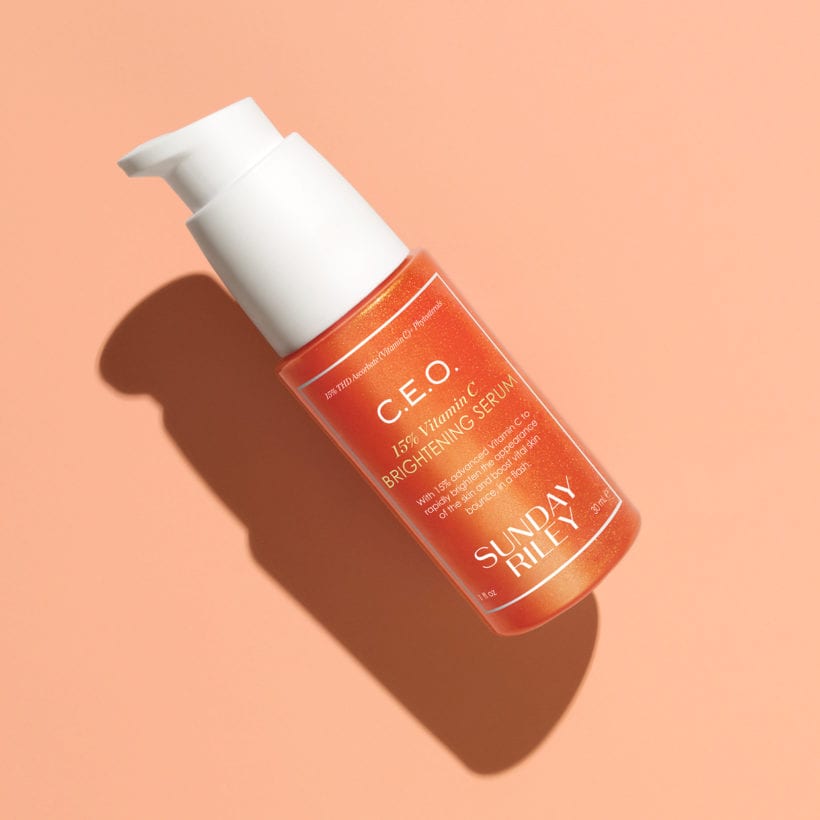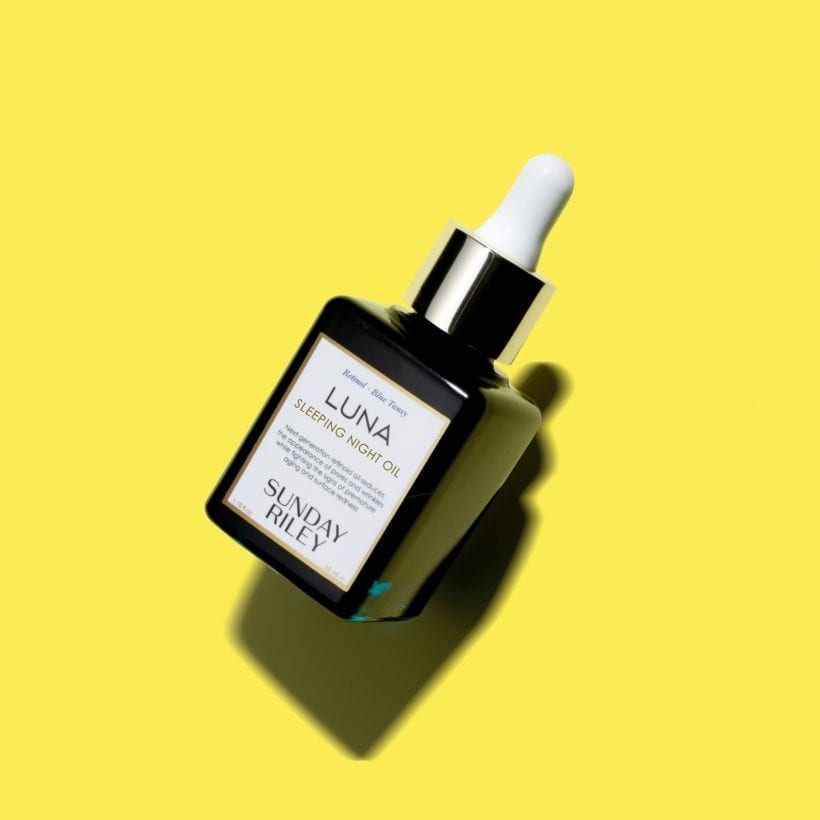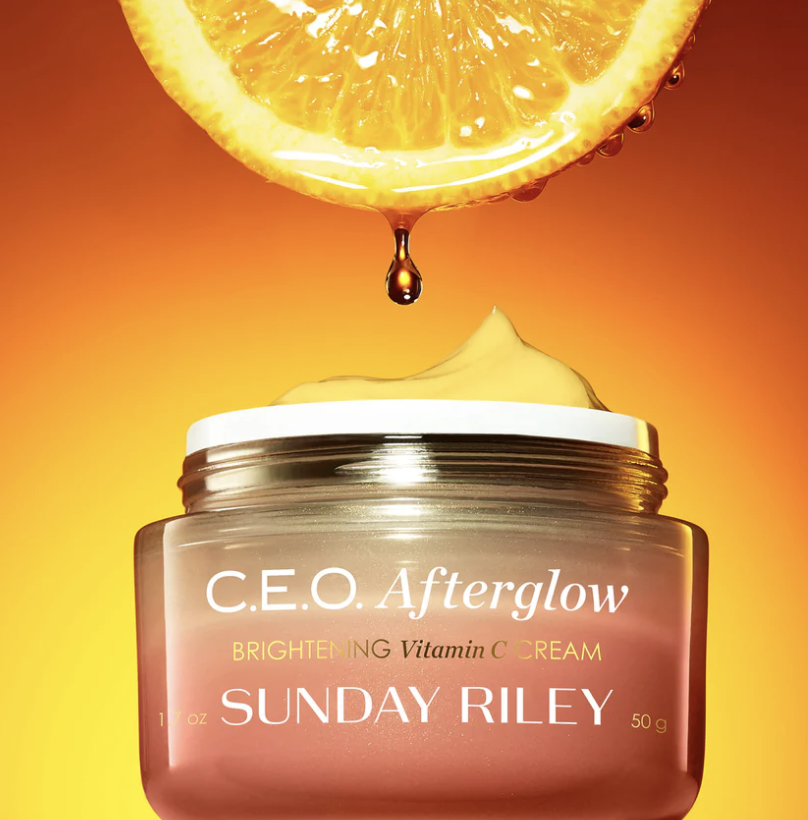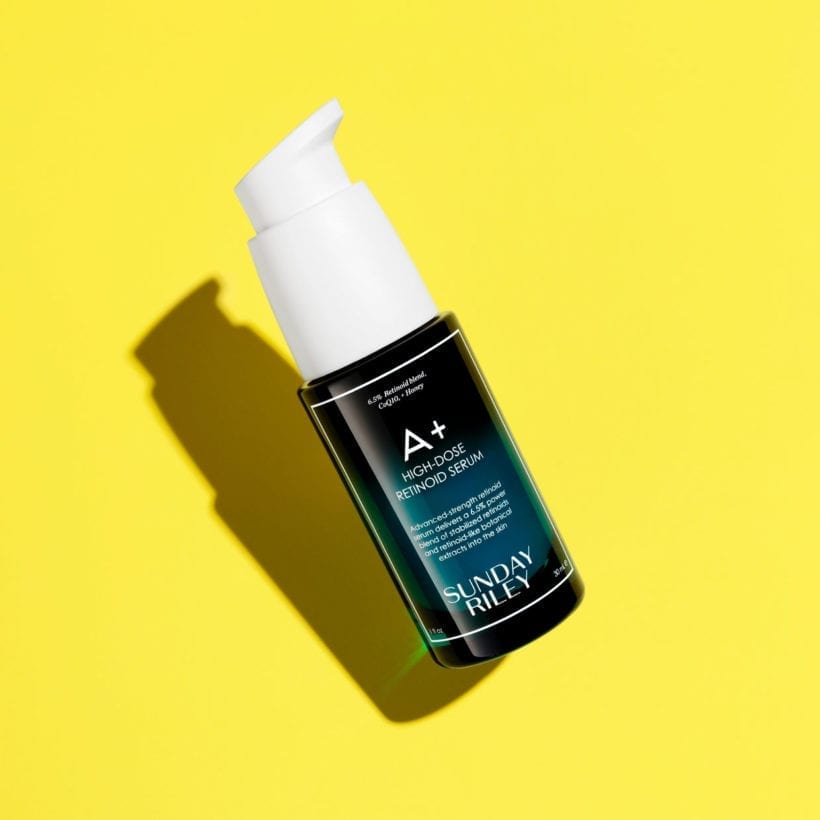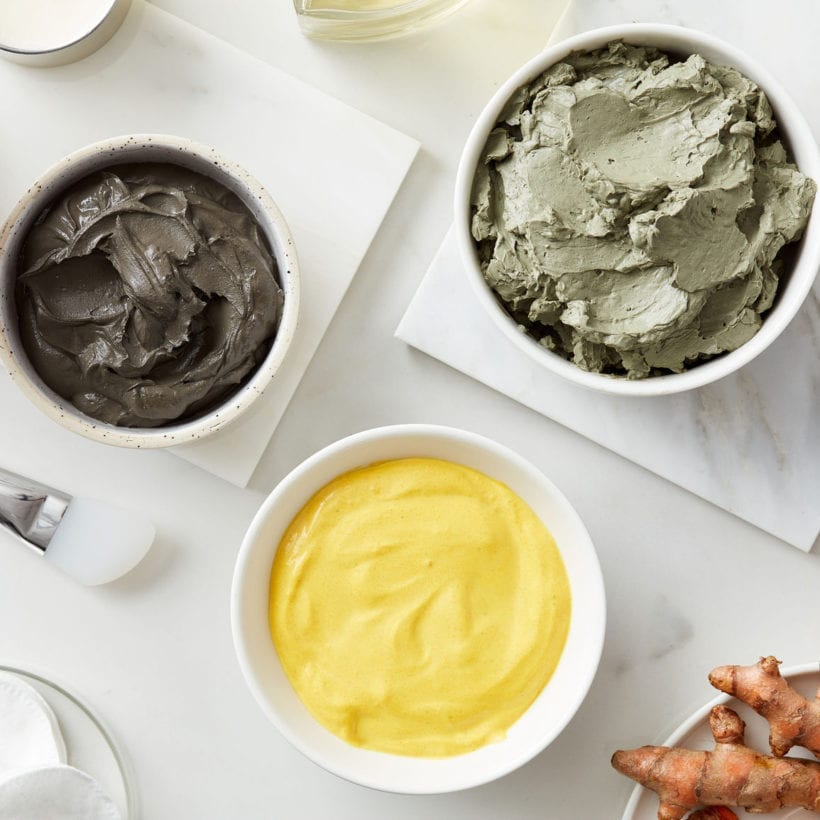It is almost every day that a new ingredient surfaces promising to solve all our skin ailments — reducing the appearance of fine lines, evening out skin tone and hyperpigmentation, clearing acne and blemishes and brightening dull skin.
According to dermatologists, there are significant strides being made in the skincare world thanks to a greater number of well-designed clinical research trials as well as improved technologies and techniques. “Our expanding knowledge about aging and the skin, coupled with our improved ability to deliver effective treatments has resulted in a skincare explosion,” says Jeremy A. Brauer, M.D., a New York City dermatologist. “New and better agents — many naturally-occurring — continue to be identified and studied, many with anti-inflammatory properties.”
Still, there is no one-size-fits-all with skincare when it comes to treatment, as there are many different skin types and skin needs. How are you to know if a certain “new” and flashy ingredient is right for you to try without consulting your dermatologist with each attempt? According to Rina Allawh, M.D., a dermatologist at Montgomery Dermatology in King of Prussia, Pennsylvania, you can find comfort in the greener and natural options available. “Many herbal and botanicals have had anecdotal proof of effectiveness that the shift is to now substantiate these claims with research and studies,” she says.
If you are looking to try the latest and greatest skincare ingredient out there right now, but are not sure how to go about it, here is what dermatologists recommend you know about them first.
Retinol
Retinol is hailed by dermatologists worldwide as the best topical anti-wrinkle treatments out there. It has actually been around since the 1970s as a treatment for acne as well as certain types of skin cancers and conditions like psoriasis. “Retinoids are chemically derived from vitamin A and greatly contribute to regulating cell growth and proliferation as well as skin turnover,” explains Allawh. “As a result, retinoids aid with evening out skin tone, dyspigmentation and non-invasively smooth fine lines and wrinkles over time.” It is important to know what type of retinoid you are using, however, since it comes in various forms, including tretinoin, tazarotene (Tazorac) and adapalene. Each form is slightly different in its effect, with tazarotene and higher concentrations of tretinoin typically being the most irritating. Adapalene tends to be less potent and thus less drying than tretinoin and Tazorac, according to Allawh. The others tend to promote deeper penetration, and as a result, may be more drying and irritating for patients, especially in those with dry, sensitive skin.
Despite the benefit of retinoids, everyday use is not for everyone, since it can quickly lead to undesirable side effects such as irritation, drying, burning and even peeling. To help mitigate these effects, Allawh recommends a shorter contact time (applying at dinner and washing off at bedtime), mixing retinol products with a nighttime non-comedogenic moisturizer and starting one to two nights weekly and increasing to nightly as tolerated.
Vitamin C
Most of us associate vitamin C with helping fight off a cold. It also has similar battling effects on the skin, helping to neutralize free radical damage caused by toxins in the environment, as well as helping prevent harm to our skin’s collagen, explains Joshua Zeichner, M.D., director of cosmetic and clinical research in dermatology at Mount Sinai Hospital in New York City. The key to choosing a vitamin C serum is to look for serums that contain L-ascorbic acid, which is the most active form of vitamin C. “L-ascorbic, the biologically active form of vitamin C, is water-soluble, making it difficult to penetrate through the outer skin layer,” explains Zeichner. “It’s also highly unstable, especially in the presence of UV light, which is why modified versions of vitamin C are increasingly being used in skincare products.” Another form is tetrahexyldecyl (THD) ascorbate. Research has found this form to be effective on the skin, especially when paired with retinol, thanks to its fatty acid component.
No matter the type of vitamin C you use, Allawh suggests applying two to three drops of it in serum form on the forehead, cheeks and chin and gently rubbing it in on the face every morning to prevent sun damage, increase collagen production, brighten the skin and most importantly — improve skin tone.
Bakuchiol
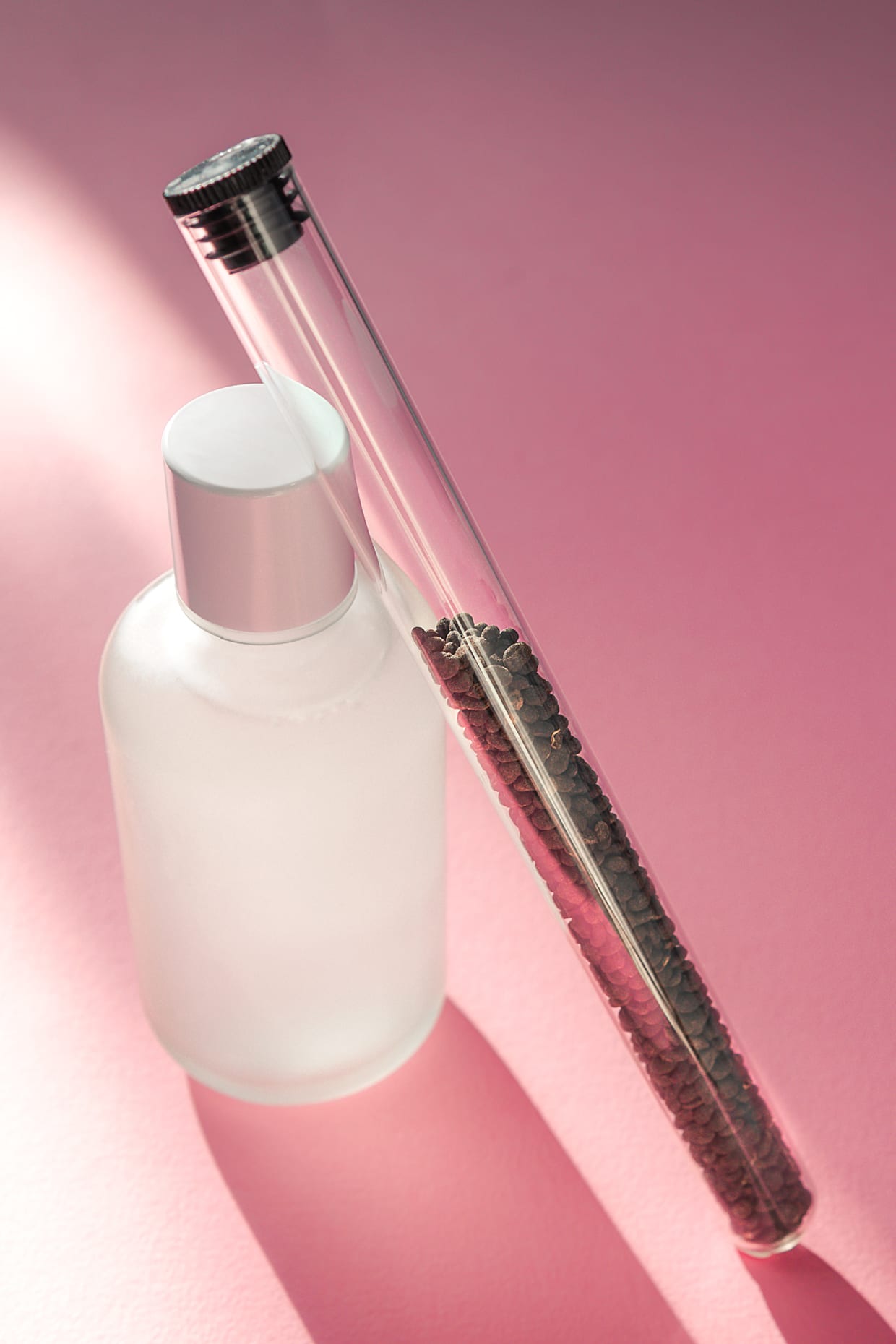
Bakuchiol is being hailed as a naturally derived competitor of retinol. “Bakuchiol comes from the Psoralea Corylifolia plant and has been shown to have anti-inflammatory properties as well as mild antibacterial and antioxidant properties,” explains Allawh. “Although it has been shown to be less effective and potent as topical retinol, it has been shown to have similar functions — stimulating cell turnover and thus, over time improving the appearance of fine lines and photodamage.” If using retinol leads to irritation on your skin, it is worth considering a bakuchiol-containing product as an alternative.
Resveratrol
This powerful antioxidant is sourced from grapes and olives and has been shown in studies to have both therapeutic effects against many diseases of the skin and chemo-preventive effects, explains Allawh. “UV radiation caused by the sun poses stress on our body — specifically oxidative stress on the skin cells — but resveratrol acts as a powerful antioxidant shielding our cells from this UV-mediated stress and subsequent decreases risk of skin cancer and skin aging,” she says. From using a product containing resveratrol daily, you can expect to see improvement in fine lines, wrinkles, uneven pigmentation, elasticity and, of course, sun-related injury.
Cacay Oil
Straight from the Colombian Amazon, this cacay nut-derived oil is rich in nutrients such as vitamin E and retinol — and the best part is that it is natural. “It’s been used in South American countries for cosmetic uses and anti-aging of the skin,” explains Allawh. “It contains 75 percent of linoleic acid and may further enhance skin hydration, skin firming and elasticity and wrinkle reduction.” Since the concentration of retinol contained in cacay oil is unclear and there are limited evidence-based studies on cacay oil use and reliability, she suggests using it sparingly — in only one product at a time.
Collagen
 Collagen is seemingly everywhere, and not just in skincare — it is popping up as a solution for everything from hair loss to joint pain. “Collagen is the major structural protein occurring in the body and it plays many important roles including forming our connective tissue which, importantly, includes our skin,” explains Blair Murphy, M.D., a dermatologist at Manhattan Dermatology and Cosmetic Surgery in New York. “As we age, the collagen levels in our skin decrease, which causes reduced elasticity and dehydration.” The most common types are type 1 found in skin, tendons, organs and bone; type 2 found in cartilage, type 3 found in reticular fibers, type 4 found in a layer of skin cells, and type 5 found in cell surfaces, hair and placenta. For skin health, Engelman recommends looking for type 1 and type 3. For oral supplements, hydrolyzed collagen (type 1) is the easiest to digest, as it is broken down into the smallest forms of peptides and amino acids.
Collagen is seemingly everywhere, and not just in skincare — it is popping up as a solution for everything from hair loss to joint pain. “Collagen is the major structural protein occurring in the body and it plays many important roles including forming our connective tissue which, importantly, includes our skin,” explains Blair Murphy, M.D., a dermatologist at Manhattan Dermatology and Cosmetic Surgery in New York. “As we age, the collagen levels in our skin decrease, which causes reduced elasticity and dehydration.” The most common types are type 1 found in skin, tendons, organs and bone; type 2 found in cartilage, type 3 found in reticular fibers, type 4 found in a layer of skin cells, and type 5 found in cell surfaces, hair and placenta. For skin health, Engelman recommends looking for type 1 and type 3. For oral supplements, hydrolyzed collagen (type 1) is the easiest to digest, as it is broken down into the smallest forms of peptides and amino acids.
Hyaluronic Acid
When applied to the skin, this ingredient has the ability to hold up to 1,000 times its weight in water, according to research published in the journal “Dermato Endocrinology.” “Hyaluronic acid is naturally occurring within the skin and throughout the body [and] has a strong water binding potential — it loves to draw moisture to wherever it is located,” explains Erum Ilyas, M.D., who is also a dermatologist at Montgomery Dermatology. “It’s versatile, nontoxic, non-inflammatory and plays an important role in cushioning shock absorption, and tissue viscosity.” Hyaluronic acid is great because it works well with any skin type — it just has to be used correctly. It needs moisture or water to be used effectively, so oily types may fair better with it than dry. “If you live in a humid environment it will draw moisture from there, but if you live in a dry environment it may pull moisture out of your skin up towards the product and paradoxically make you feel dryer,” adds Ilyas.
We only recommend products we have independently researched, tested, and loved. If you purchase a product found through our links, Sunday Edit may earn an affiliate commission.

